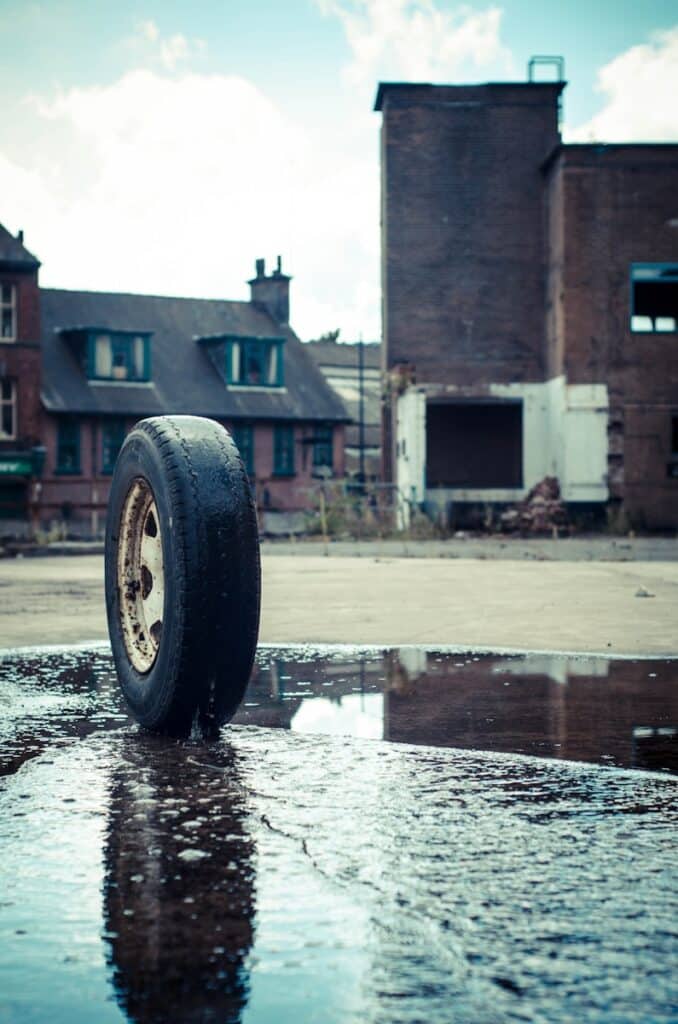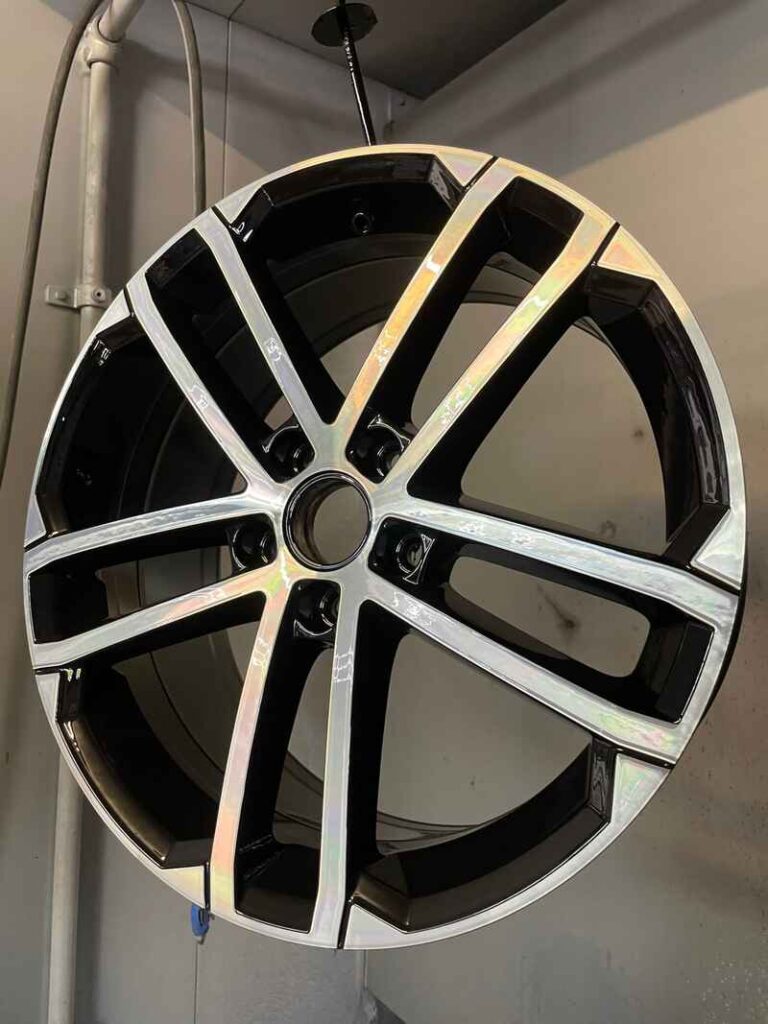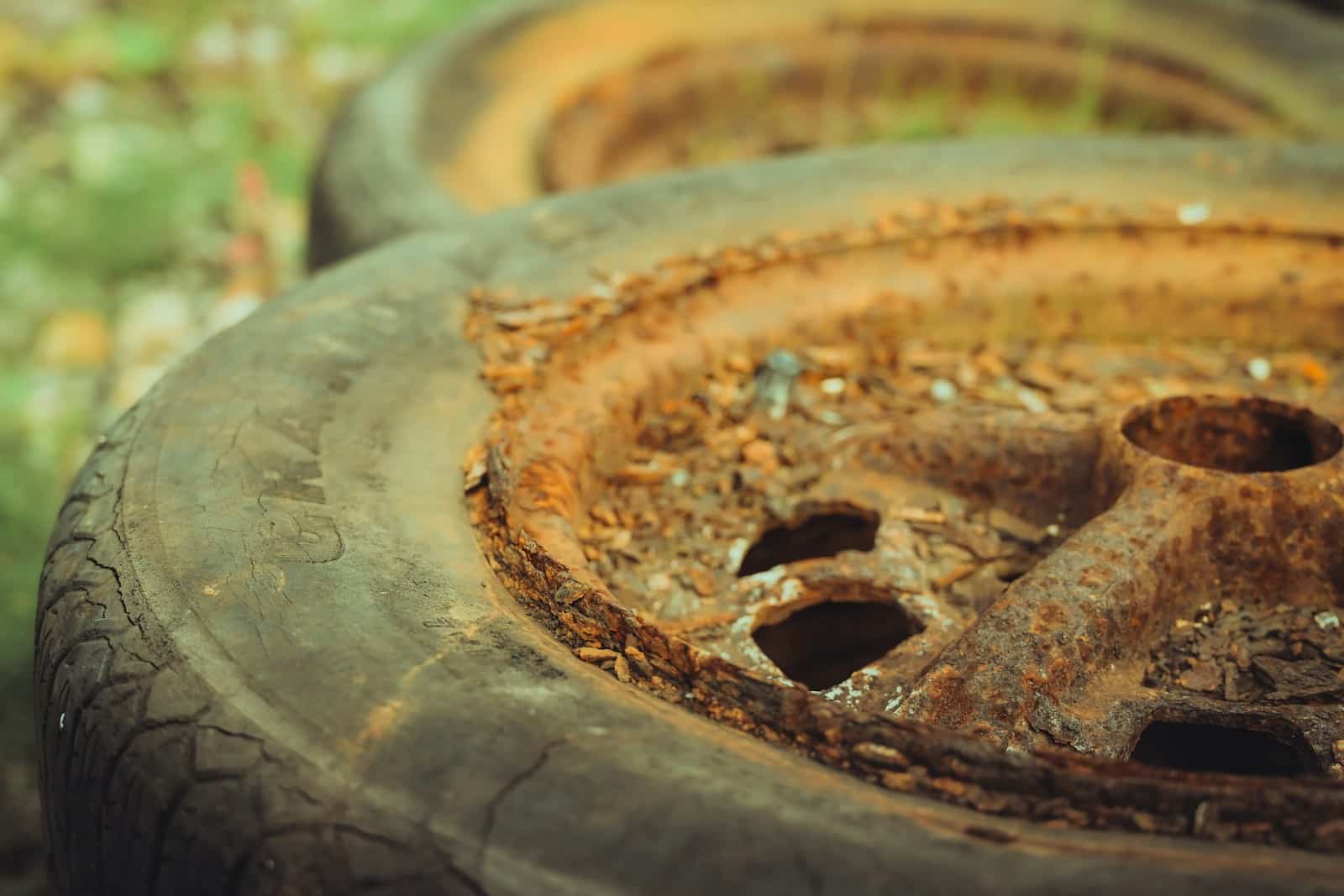What is the Life Expectancy of Alloy Wheels?
Hi, I’m one of the team here at Royale Alloys in Barnsley, and one of the most common questions we get asked is: how long do alloy wheels last? It’s a good question—especially if you’ve invested in a nice set of alloys for your vehicle or you’re thinking about upgrading.
The truth is, the life expectancy of alloy wheels depends on a range of factors, including how you drive, where you drive, and how well you look after them. In this post, I’ll talk through the typical lifespan of alloy wheels and answer a few related questions we often hear from customers.

How Long Should Alloy Wheels Last?
Generally speaking, alloy wheels can last anywhere between 5 to 10 years, and in some cases even longer. If they’re properly cared for, they might even outlast the car itself. However, that’s not always the case.
The condition of Barnsley’s roads can have a noticeable effect. We all know how potholes and road salt during winter can take their toll on your vehicle—not least your alloys. If you’re often driving through rough terrain, country lanes or poorly maintained roads, then your alloy wheels are likely to suffer a bit more wear and tear than if you stick to smoother motorways.
That being said, the key factor is maintenance. If you keep them clean, avoid kerbing them, and deal with small problems early on, you can easily extend their life. We regularly refurbish wheels here in our Barnsley workshop that have seen better days but still have plenty of life left in them.
Do Alloy Wheels Wear Out?
Yes, alloy wheels do wear out over time, but it’s not always in the way people expect. Unlike tyres, which are designed to wear down, alloys degrade more slowly and in different ways.
Here are a few of the most common reasons alloys wear out:
Corrosion – Despite being more corrosion-resistant than steel, alloys can still suffer, especially in winter when salt is spread on the roads. Moisture and road grime can lead to bubbling under the paint or lacquer.
Kerb Damage – We see this all the time. Scraping against a kerb might not feel serious at first, but over time it weakens the structure and appearance of the wheel.
Cracks and Bends – Hitting a pothole hard enough can cause a hairline crack or even bend the rim. This doesn’t just look bad—it can affect your handling and tyre performance.
So yes, they do wear out—but it’s not usually because of mileage. It’s more about physical damage and environmental conditions.

When to Change Alloy Wheels?
here are a few clear signs it might be time to think about changing your alloy wheels:
1. Visible Cracks or Structural Damage
If you can see a crack in your alloy, don’t take any chances. Even a small fracture can compromise the integrity of the wheel and increase the risk of failure while driving. If you’re not sure whether it’s safe, bring it in—we offer inspections right here at Royale Alloys.
2. Persistent Air Loss
Sometimes, your tyre might keep losing air, and the culprit isn’t the tyre at all—it’s the alloy rim. Corrosion or bends can stop the tyre from sealing properly. If that’s the case, it might be time for a replacement or a professional refurbishment.
3. Extensive Corrosion or Flaking
Aesthetic damage like bubbling paint, flaking lacquer or pitting not only spoils the look of your car—it can also lead to bigger problems if left untreated.
4. After an Accident or Major Impact
If you’ve had a bump or a hard hit to a wheel, it’s always worth having it checked. Even if you can’t see anything wrong, internal damage may have occurred.
Can Alloy Wheels Be Refurbished?
Absolutely! In fact, refurbishing alloy wheels is one of our core services here in Barnsley. Many customers are surprised to learn just how much we can improve the look and safety of a damaged or corroded wheel.
There are three main types of refurbishment:
1. Cosmetic Refurbishment
This focuses on the surface—ideal if your alloys have minor scuffs or paint damage. We can respray or powder coat your wheels to give them a factory-fresh look.
2. Diamond Cut Refurbishment
These are a bit more technical, involving a lathe to carefully skim the surface of the wheel to reveal a shiny metal finish. They’re very popular right now but do require more maintenance over time.
3. Structural Repairs
If your wheel is bent or slightly cracked, we can often repair it safely using specialist equipment. That said, we’ll never take risks. If a wheel is beyond safe repair, we’ll always recommend a replacement.
Many of our customers choose refurbishment over buying new wheels—it’s often more cost-effective, better for the environment, and it keeps your car looking smart.
Final Thoughts
So, what’s the life expectancy of alloy wheels? With proper care, a good set of alloys can last well over a decade. But it really depends on how you use and maintain them.
If you’re based in Barnsley or the surrounding area and think your alloys could do with a bit of TLC, don’t hesitate to book online, give us a call or pop in. Whether it’s a light refurb or a more serious repair, we’ve got the tools and expertise to bring your wheels back to life.
And if you’re ever in doubt, we’re always happy to take a look and give you honest advice, no pressure, no hard sell, just friendly local service.

